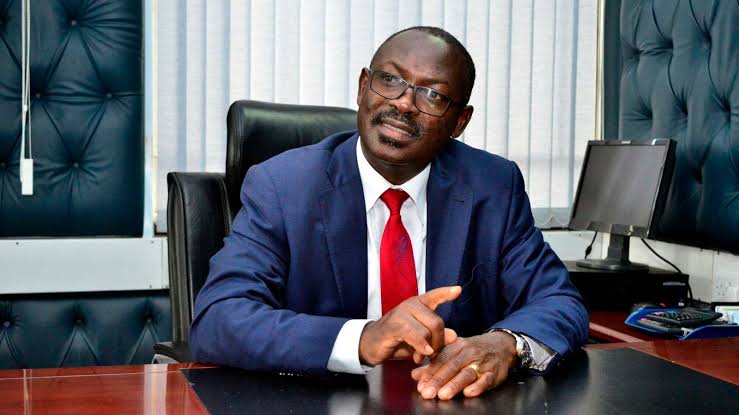
 Outgoing Nairobi City Water and Sewerage Company Managing Director Nahashon Muguna/FILE
Outgoing Nairobi City Water and Sewerage Company Managing Director Nahashon Muguna/FILE
The Kenya Union of Water and Sewerage Employees (KUWASE), Nairobi Branch, has welcomed the decision by the Board of the Nairobi City Water and Sewerage Company to send Managing Director Nahashon Muguna, into retirement.
Muguna, who recently turned 60, has reached the mandatory retirement age as outlined in the Public Service Commission Act and the company’s Human Resource Policies and Procedures Manual.
Union Secretary General Wycliffe Condition commended the Board for upholding the law, stating that attempts to extend Muguna’s term through legal means would have been improper.
“We must thank the Board of Nairobi Water for ensuring that the rule of law is upheld. Muguna has reached the official retirement age, and it’s only right that he proceeds accordingly. He served for eight years — that’s enough. Let others also get the opportunity to lead. Big thumbs up to the Board,” said Condition.
In his farewell statement, Muguna expressed his appreciation to the company's leadership and staff for their support throughout his tenure.
“Thank you for your guidance, support, and understanding over the years. I sincerely thank the Board of Directors for the cooperation and trust they extended to me during my time in office,” said Muguna.
Kenya’s official retirement age for public servants is currently set at 60 years, with exceptions for persons with disabilities who may retire at 65 years.
This policy was formalized in 2009 by the government as part of efforts to harmonize retirement benefits, manage the ballooning public wage bill, and create space for younger professionals to join the workforce.
Before then, the retirement age stood at 55 years, which was seen as too early at a time when life expectancy was gradually improving.
In recent years, the issue of retirement age has continued to spark debate. On one hand, supporters of maintaining or even raising the age argue that many skilled and experienced professionals remain productive well into their 60s, and extending their service ensures continuity and preserves institutional memory.
On the other hand, critics argue that retaining older employees locks out young graduates from employment opportunities in a country where youth unemployment remains a pressing challenge.
















